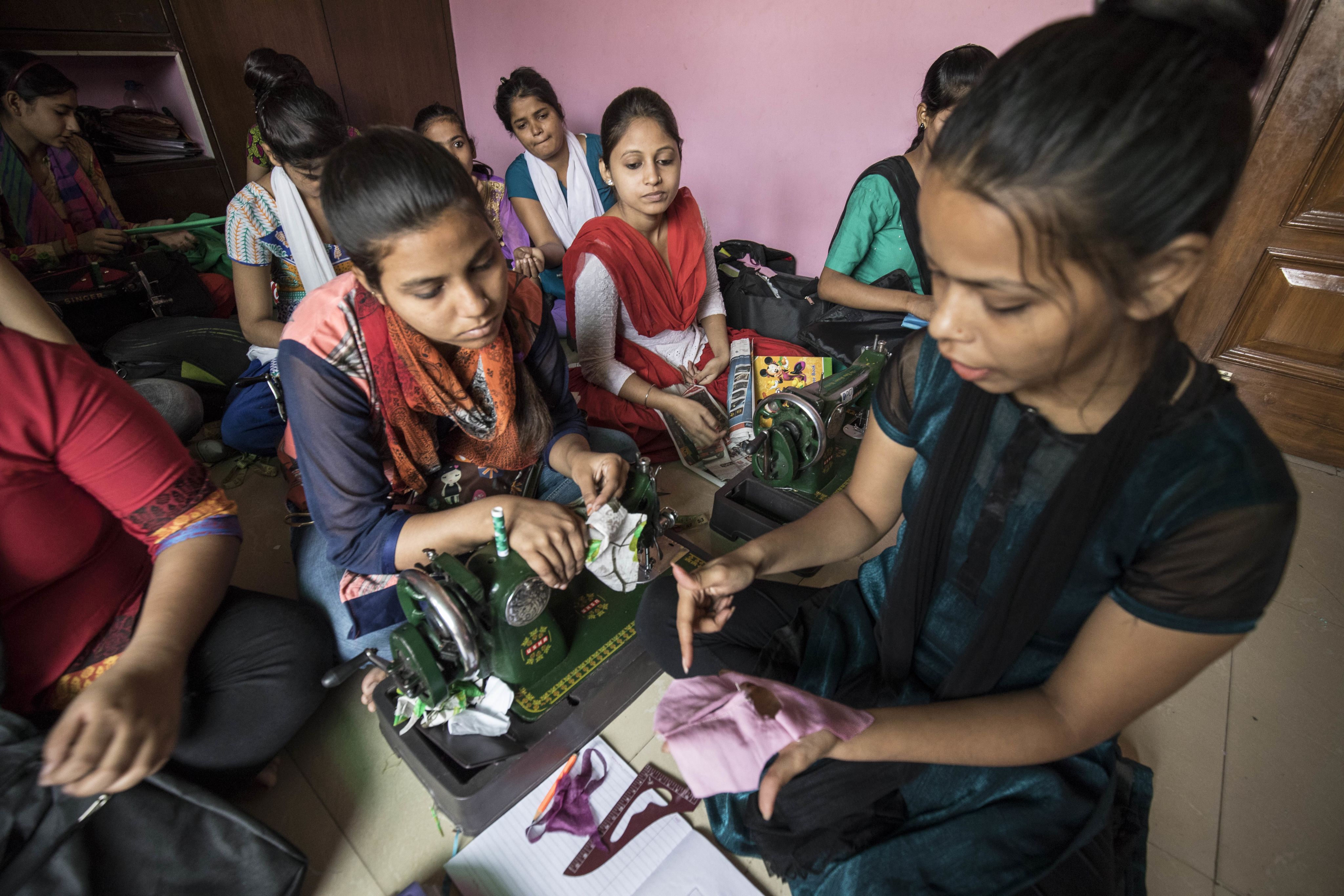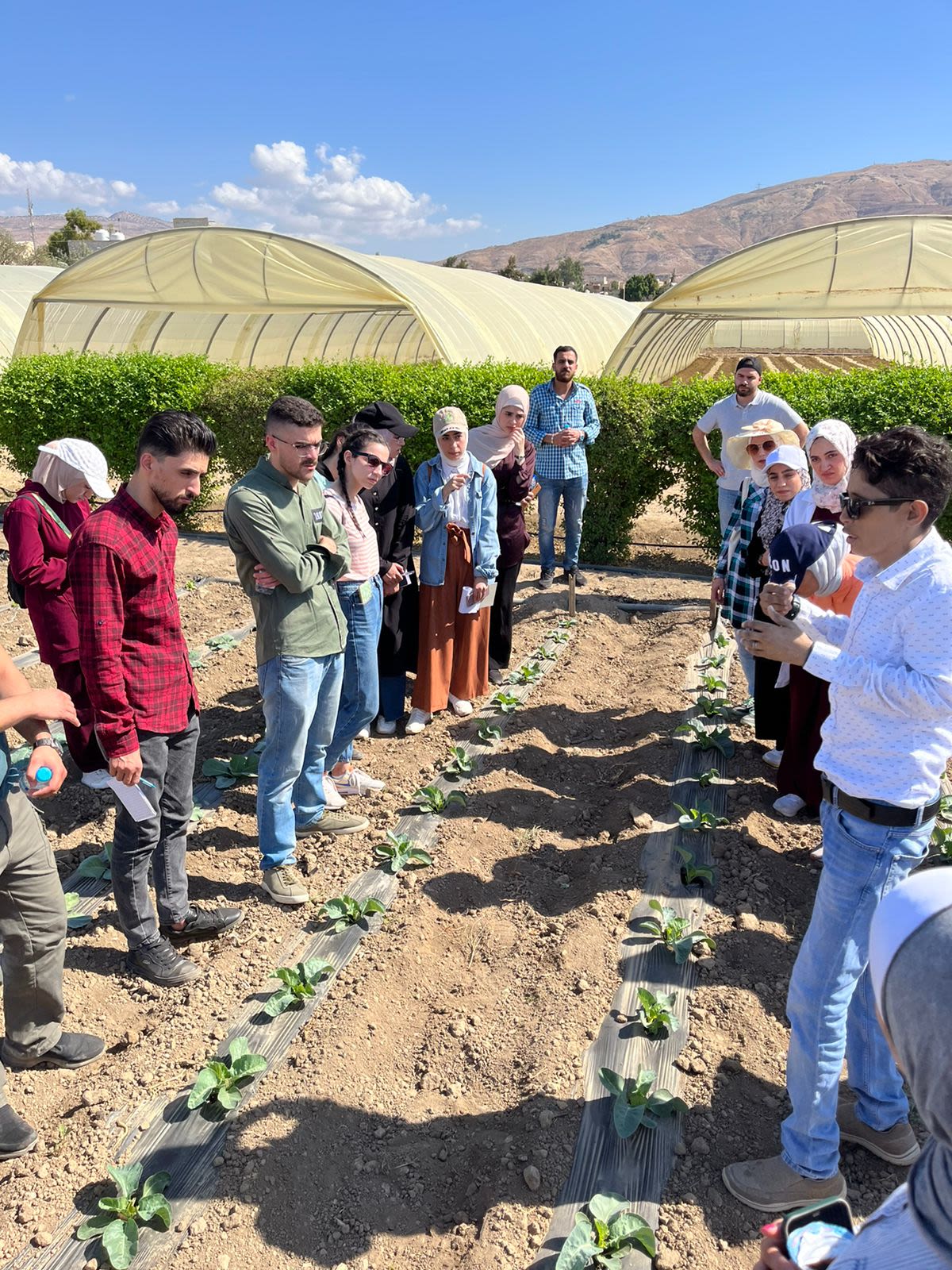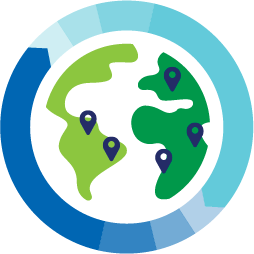Localization
Advancing Locally-Led Solutions

Localization
The complex challenges facing communities around the world require customized, locally owned solutions. Global Communities does not believe in a one-size-fits-all approach and is committed to advancing the localization of our work through a wide range of models.
We helped launch local NGOs in Zambia and India, work with a network of partners and independently run subsidiaries across the Middle East and lead capacity-strengthening programs in Brazil and Argentina. We invest in new ideas and organizations, work with private-sector partners and innovative funding models and take bold steps to approach our work with a forward-leaning vision for change.
As our sector transforms, Global Communities will lead the way, always centering local voices and prioritizing support and technical assistance for sustainable, community-driven solutions.


At a time when disasters and disruptions are becoming more common and catastrophic, Global Communities, together with our local partners, equips communities with the training, tools and resources they need to recover from crises and build long-term resilience in the face of constant change.
From prevention and adaptation to positive transformation, we focus on solutions that center local voices and expand opportunities for growth, leadership and advancement.




